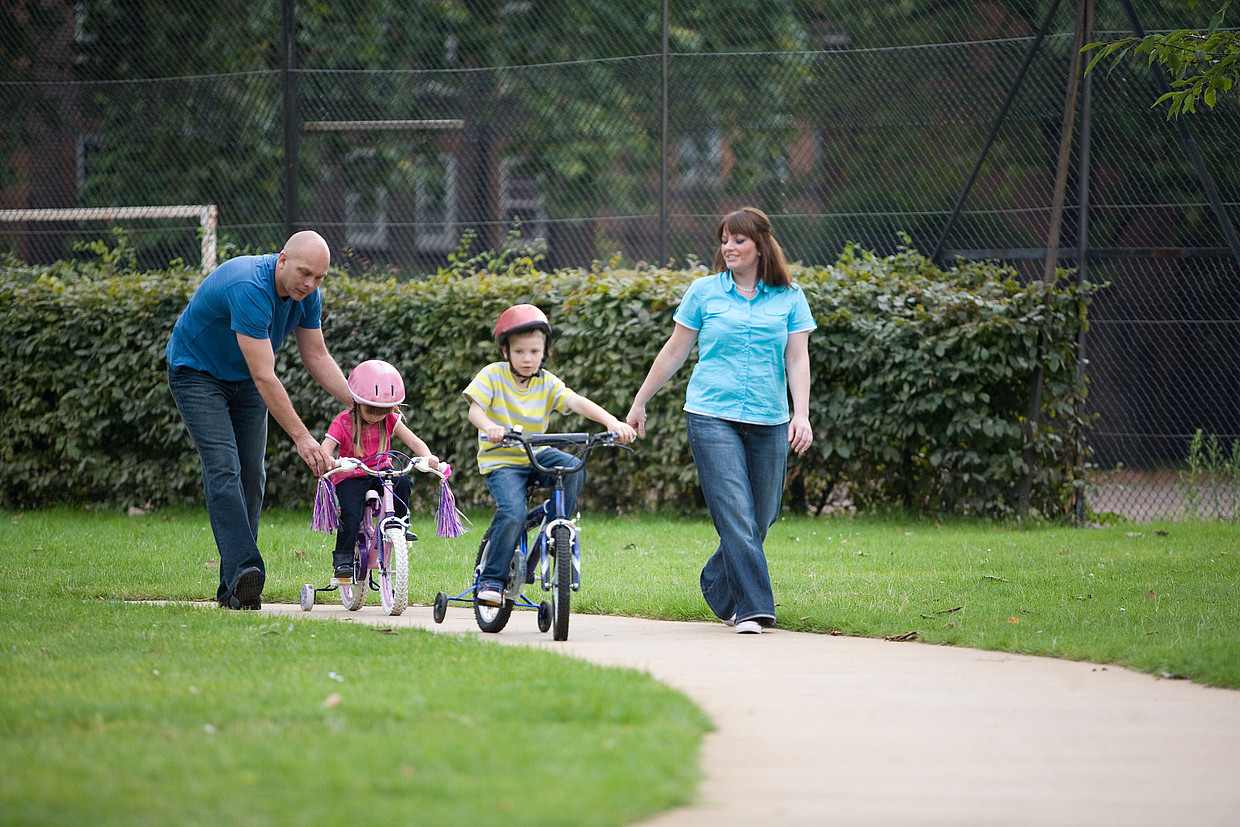
Health organisations and health professionals are notoriously focussed on the here and now. That's highly understandable when historically we have most often been called on to meet urgent and important demands.
However, despite the world changing more rapidly than ever the power of science makes the future trends in health even more predictable - if we choose to see, believe, and act upon them. As one example, important progress is now being made by PHE on health, sustainable development, and climate change.
And there are three reasons why we in PHE have such an important opportunity and responsibility to demonstrate clarity, ambition and leadership in this area.
Firstly, as the national public health agency we have the science, the authority, the voice, and the reach to demonstrate how important and effective sustainability approaches are, both to the immediate and long term health of our population and our country.
PHE has been one of the key authors in the national Sustainable Development Strategy of the Health and Care System and is using this strategy as an overarching framework to coordinate our own work in this area.
Secondly, we have the leadership and commitment, not only from all parts of PHE, but also from the CEO who recorded a passionate presentation to the UN Climate Summit Talks in September of last year. The point that Duncan Selbie made was that in England, we have a plan, and this plan is not just from one organisation but from nearly every organisation and representative body across the entire national health and care system.
Thirdly, as PHE is already starting to demonstrate, the power of the actions of the whole organisation can be much more than the sum of the parts. When one combines the diversity of interventions (from tackling extreme events to improving health and equity through addressing fuel poverty and resilient communities) it is clear that PHE needs to deliver and been seen to be delivering a joined up approach to the biggest threat (and perhaps the biggest opportunity) of the century so far.
So what are the practical steps we are taking in PHE to ensure the whole is greater than the sum of the parts? The leadership is crucial, but so are two other mechanisms: the governance of the programme boards (Sustainability; and Climate Change/Extreme Events) and the clarity of a clear communications plan.
We already report annually on progress in measurable ways, set a plan for the forthcoming year, have senior led programme boards to help coordinate and inform relevant work-streams, and crucially have a high level business objective for the entire organisation.
This is an important year for demonstrating national leadership on sustainability and climate change. Some of the biggest global agreements and frameworks are being developed: in disaster reduction, community resilience, sustainable development goals and climate change actions. PHE now sets out its own clear and integrated set of actions within the context of the wider Sustainable Development Strategy of the Health and Care System.
The PHE Conference in September was yet another chance to hear what the organisation has been doing, and plans to do, both internally and with partners in academia, national and local government on sustainable development and climate change, with a particularly effective talk from Martin Reeves (chief executive of Coventry City Council, Chair of the National Cross System group for a sustainable health and care system and co-chair of the Leadership Academy’s Systems Leadership Steering Group) on “Climate Change: Time to get real”.
There are three important lessons that we have all learnt on the journey so far. Firstly, having a measurable plan and framework for coordinated action is essential. Without it, there is too much risk of gaps, duplication and missed opportunities for collaboration.
Secondly we need to be very ambitious (there is little doubt that we are moving in the right direction, but there is still concern as to whether we are doing so at a scale and pace that the evidence very strongly indicates, and by which we will all ultimately be held to account by the public).
And lastly we need to be highly collaborative within PHE and with our partners and stakeholders.
The biggest risk we have is that we fail to seize the opportunity to act together. This is happening on our watch and will be our legacy, both corporately and individually.

1 comment
Comment by Des Halestrap posted on
While I understand that there is a lot of interest in this subject nationally and internationally I would like to know how we could help locally.
Some time ago I was interested in Wolverhampton's Winter Plan but whan I tried to get details of how I might help I was met with a political fog. No one seemed to be able to actually do anything.
I wonder if you might be able to direct me to anyone in Wolverhampton who was willing to do anything?
Failing that would it be possible to be put on a mailling list to get hard copy of what could happen locally?